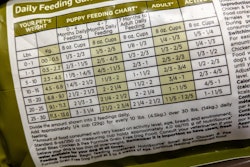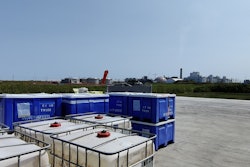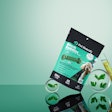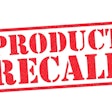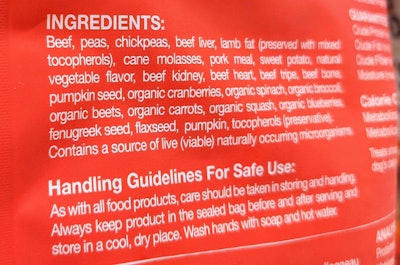
Employees at a Russian federal agency that oversees the safety of agriculture and veterinary medicine, Rosselkhoznadzor, have disclosed what they describe as illegal pet food trade in Russia.
According to a report in the Oreanda-News, Rosselkhoznadzor, after monitoring various websites, discovered illegal sales of pet food in Russia following numerous complaints from pet owners. The investigation found that Hill's products, banned due to mislabeling about turkey DNA content, were being sold, along with Canadian brands Acana and Orijen, which have also faced sales restrictions in Russia since June 2021. Belarusian companies Garfield, Little Paws and Leopold were found to be involved in distributing these prohibited products.
Rosselkhoznadzor said deliveries of certain pet food products to Russia lacked necessary veterinary documents, making it difficult to track their origin and safety. In January 2024, the agency imposed restrictions on animal feed imports from Hill's Italian facility, citing inadequate laboratory control over ingredient composition, insufficient temperature treatment of raw materials, and lack of information about raw material origins.
Russia cracks down on counterfeit pet food market
Beginning September 1, Russia began imposing mandatory labeling of pet food and veterinary drugs.
Petfood Industry columnist, Vladislav Vorotnikov reported in June that the Center for Prospective Technology Development (CRPT), a Russian state agency authorized to supervise the labeling reform, said the process of implementing mandatory labeling of pet food and veterinary drugs would be phased. Starting October 1, all dry pet food on the shelves should carry labels, ensuring complete supply chain traceability. This will be followed by the labeling of wet pet food, which will begin March 1, 2025. Selling pet food without the labels will be strictly prohibited past these dates.
While the mandatory labeling requirements come with a heavy financial burden to pet food suppliers, the Russian government is emphasizing a traceable supply chain with hopes the country can boost pet food exports in the coming years, noted Vorotnikov.
In May 2024, the Russian Agricultural Ministry rolled out plans to double pet food exports through 2030, boosting it to 150,000 tonnes, worth $350 million. Authorities are optimistic about the Russian pet food industry's export potential, looking toward post-Soviet countries, Mongolia and emerging Asian economies as the most promising markets for Russian pet food in the coming years.



